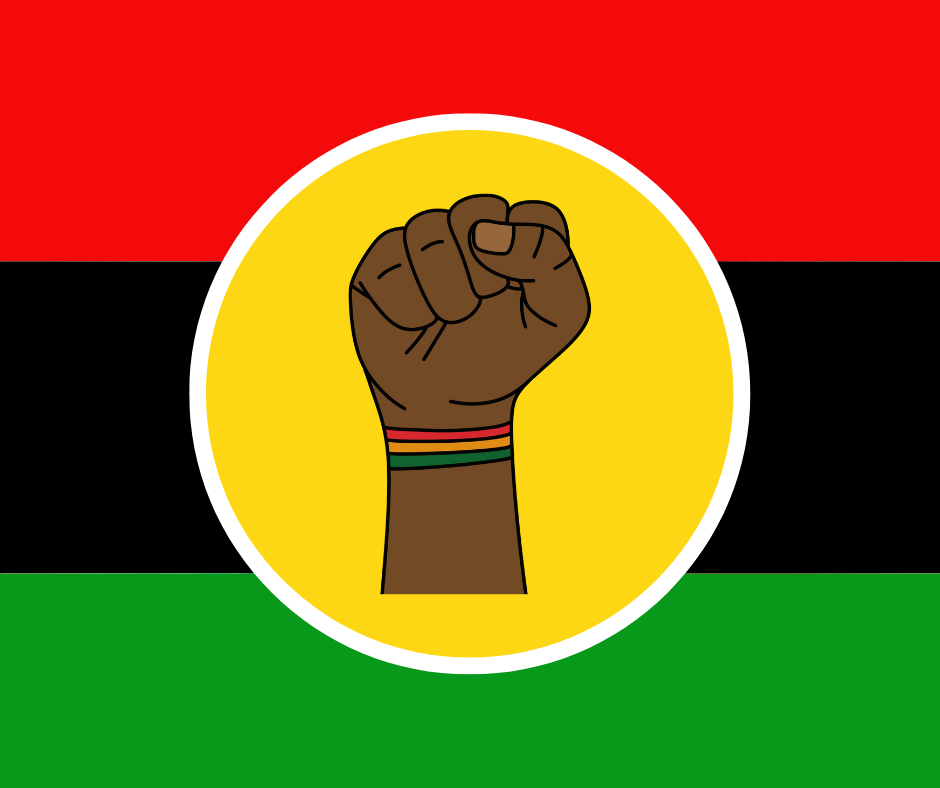
Since 2006, the month of June is the time we officially celebrate Caribbean American Heritage, by honoring the legacies and dynamic contributions of Caribbean people to the social, economic, political, cultural, and intellectual fabric of the United States and beyond.
In 2025, this commemoration holds particular significance since diverse global histories are being challenged or actively erased from public discourse. The need for the re-examination and amplification of the enduring impact of the legacies of colonialism, migration, resistance, and healing are front and center. Therefore, celebrating Caribbean American heritage is not only timely—it is essential.
Caribbean Americans are politicians and poets, scholars and scientists, farmers and filmmakers, entrepreneurs and educators, healers and historians—and so much more, with ties to Anglophone, Hispanophone, Francophone and Dutch-speaking countries. Caribbean Americans are descendants of kidnapped and enslaved Africans, indentured laborers, Indigenous people, and immigrants who brought with them their brilliance, ingenuity, and power of survival. Caribbean heritage pulses with resistance, renaissance, and rootedness—whether it’s found in the stories people tell, the innovations they develop, the philosophies of decolonial thinkers, the radical healing of practitioners, or the organizing strategies of Black Caribbean men and women who stood on the frontlines of civil rights, labor and liberation movements.
As Caribbean American voices continue to push against the erasure of positive societal contributions and the commodification of Caribbean culture, we ask: What does it mean to not only remember, but to reclaim our narratives, and to wield them as tools of transformation? For folks that know, much of my scholarship and the books I’ve written including, Creating Black Caribbean Ethnic Identity (2010) and Stories of Identity Among Black, Middle Class, Second Generation Caribbeans: We, Too, Sing America (2017), contends with this very query.
That’s why I’m thrilled to close out Season 6 of our podcast Belonging to Blackness with a thought-provoking episode 58 featuring Dr. Edna Bonhomme, historian, writer, and global public intellectual. In our conversation, we explore her powerful new book, A History of the World in Six Plagues—a work that explores the history of disease through the lens of empire, ecology, and resistance. Bonhomme, herself of Haitian descent, traces how plagues—both microbial and structural—have shaped the contours of our world, disproportionately impacting African and African descendant communities across the globe.
Her insights draw a direct line between the histories of epidemic and exploitation and the ways these communities have innovated care, resistance, and survival. From colonial-era plantations to modern-day medical apartheid, Bonhomme reminds us that health justice is deeply entwined with liberation movements.
So as we uplift Caribbean American Heritage this June, let us remember: we are not just telling stories of the past. We are shaping futures, reclaiming power, and refusing invisibility. Tune in to our Season 6 finale to witness a conversation that is as much about plagues as it is about possibility.
Episode 58 with Dr. Edna Bonhomme debuts Tuesday, June 17 2025 and will be available on https://yndialorickwilmot.com/talking-journeysb2b-a-podcast-episodes/talking-journeysb2b-a-podcast-episodes/ and wherever you listen to your podcasts.
#CaribbeanAmericanHeritageMonth #Season6Finale #BlackDiaspora #EdnaBonhomme #HistoryInSixPlagues #LiberationHealing #CaribbeanResilience
Peace and blessings,
Dr. Yndia & the Belonging to Blackness, LLC team




